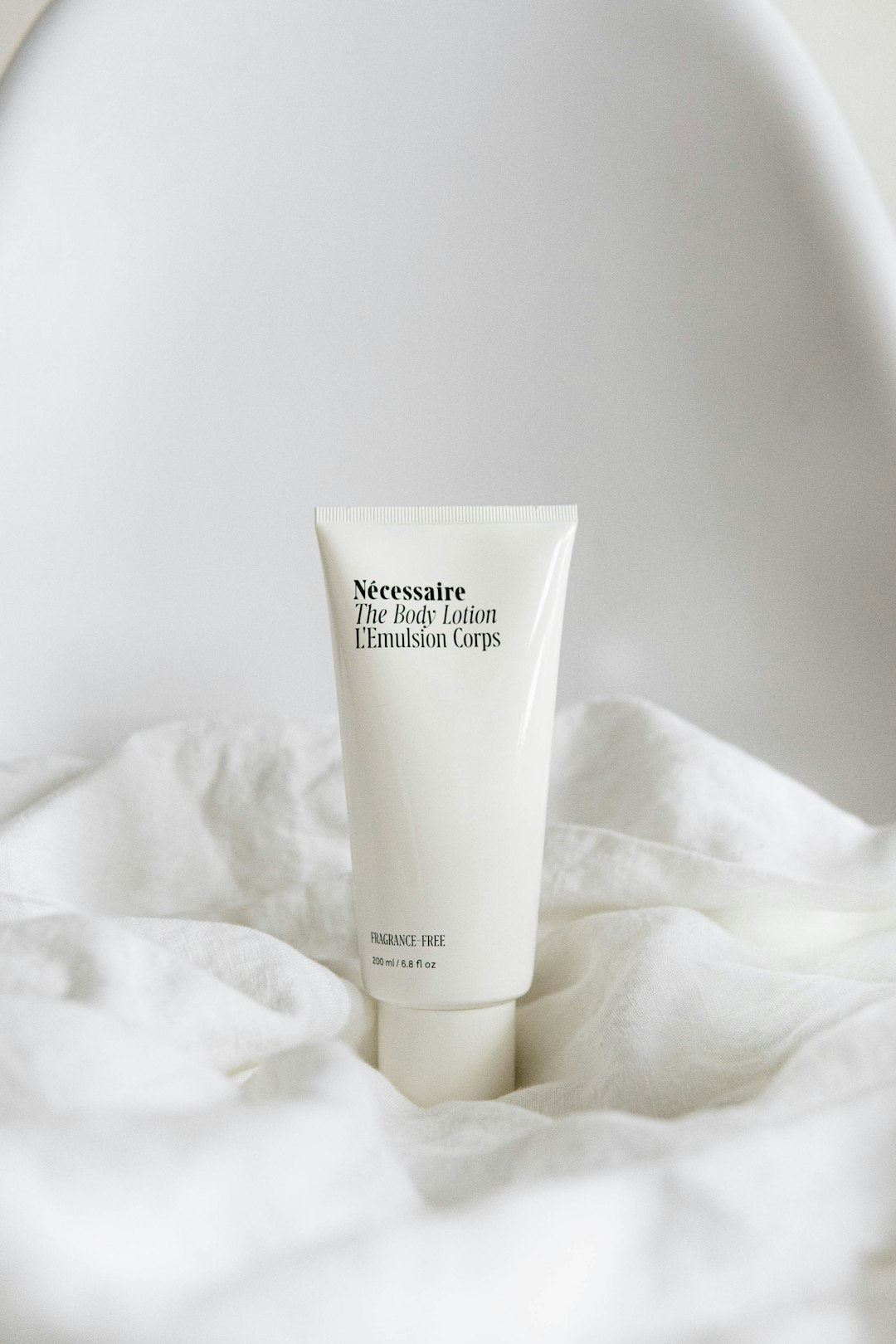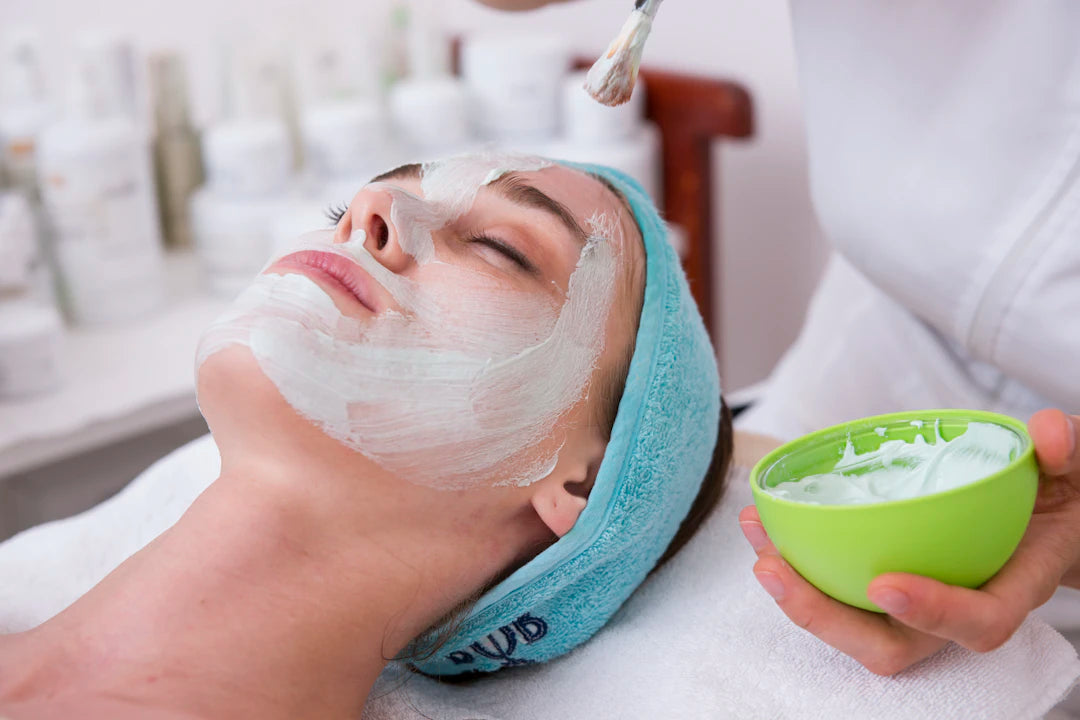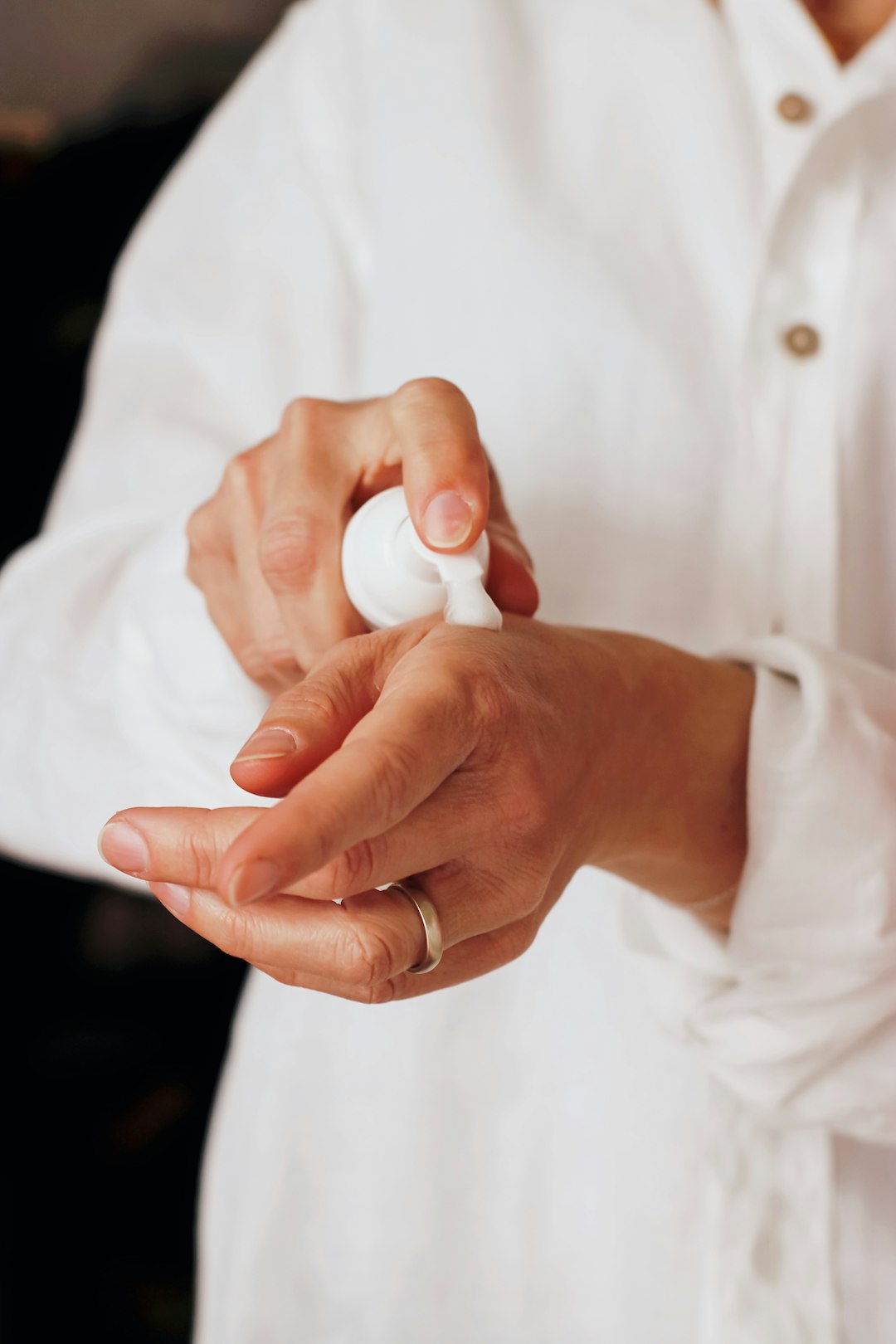Expert Tips for Caring for Sensitive Skin: Unlock the Secret to Radiant Complexion

Caring for sensitive skin can often feel like walking a tightrope. One wrong product or even a minor environmental change, and your skin can react with redness, irritation, or a rash. However, with the right knowledge and practices, you can nurture your sensitive skin to look and feel its best. In this comprehensive guide, we'll explore effective tips and methods for managing sensitive skin while integrating elements like rejuvenating oil and anti-aging techniques into your skincare routine.
Understanding Sensitive Skin
Before jumping into tips for caring for sensitive skin, it is crucial to understand what sensitive skin is and how it differs from other skin types. Sensitive skin often reacts to stimuli that might not bother others. This could be due to various reasons such as genetics, environmental factors, or underlying skin conditions like eczema, rosacea, or allergies.
Identifying Triggers
To effectively manage sensitive skin, it's essential to identify your specific triggers. Common triggers include:
- Harsh skincare ingredients
- Extremes in temperature
- Stress and hormonal changes
- Sun exposure
- Pollutants and allergens
Keeping a skincare diary can help you track these triggers and adjust your regimen accordingly to minimize irritants.
Building a Gentle Skincare Routine
Your skincare routine should be a calming ritual, especially for sensitive skin. Here are some foundational tips for creating a gentle regimen:
1. Choose the Right Cleanser
Start with a mild, fragrance-free cleanser. Avoid foaming cleansers, as they often contain sulfates that can strip the skin of its natural oils. Creamy or oil-based cleansers are usually more suitable for sensitive skin, providing moisture while cleansing away impurities. Integrating a mild rejuvenating oil can enhance hydration while soothing redness.
2. Exfoliation with Caution
While exfoliation is an essential part of a skincare routine, sensitive skin requires gentle handling. Avoid physical scrubs that can irritate your skin and instead opt for chemical exfoliants containing mild acids like lactic acid. Always start slowly to see how your skin reacts.
3. Hydrating Moisturizers
Hydration is key in maintaining the health of sensitive skin. Look for moisturizers that contain soothing ingredients like aloe vera, chamomile, or hyaluronic acid. Moisturizers with skin-tightening properties can also provide anti-aging benefits while keeping sensitivity in check.
4. Sunscreen: Your Best Friend
Sun protection is critical for everyone, but especially for those with sensitive skin. Choose a physical or mineral sunscreen that contains zinc oxide or titanium dioxide, which are less likely to irritate the skin. Never skip this step, as sun exposure can aggravate sensitive skin and lead to premature aging.
Dealing with Irritation and Redness
It's inevitable that sensitive skin will sometimes experience irritation or redness. Here are some practical ways to soothe your skin:
1. Ice Pack Therapy
Applying a cold compress or ice pack wrapped in a cloth can effectively reduce swelling and redness. This technique can be especially soothing after a long day outside or after applying any new skincare products.
2. Anti-Inflammatory Ingredients
Look for serums or creams rich in anti-inflammatory ingredients. Niacinamide and green tea extract are excellent options that can help calm your skin while providing anti-aging benefits. These ingredients promote healthy cell turnover and improve your skin’s overall appearance.
3. Avoid Known Irritants
Steer clear of products containing alcohol, artificial fragrances, or harsh preservatives. It’s also wise to avoid essential oils if your skin is highly reactive. Instead, opt for products formulated specifically for sensitive skin.
The Role of Nutrition in Skin Health
What you put into your body can significantly affect your skin's health. A balanced diet rich in antioxidants, omega fatty acids, and vitamins can help tackle skin sensitivity from the inside out. Consider incorporating the following foods:
- Fruits and vegetables rich in vitamins C and E
- Foods high in omega-3 fatty acids, like salmon and walnuts
- Antioxidant-rich foods, such as blueberries and dark chocolate
Staying hydrated is equally essential, so aim for at least eight glasses of water a day. Proper hydration aids your body in flushing out toxins and can improve skin elasticity over time, contributing to anti-aging effects.
Mindfulness Matters
Stress has a direct impact on skin health, particularly for those with sensitive skin. Implementing mindfulness practices, such as meditation, yoga, or simply taking a moment to breathe deeply, can help lower cortisol levels that contribute to skin flare-ups.
Relaxation Techniques
Consider integrating the following relaxation techniques into your daily routine:
- Regular meditation or deep-breathing exercises
- Gentle yoga practice
- Spending time in nature
- Journaling or engaging in creative hobbies
By reducing stress, you may see a significant improvement in your skin's sensitivity levels, as well as its overall appearance.
Understanding Anti-Aging for Sensitive Skin
While caring for sensitive skin, it’s crucial to think about the long-term effects of aging. Here are a few anti-aging tips suited for your sensitive skin:
1. Incorporate Anti-Wrinkle Ingredients
Look for anti-aging products formulated specifically for sensitive skin to enhance your anti-aging routine without causing irritation. Ingredients such as peptides and gentle retinoids can help reduce the appearance of fine lines while supporting skin renewal.
2. Focus on Skin Tightening
Using products that promote skin tightening is essential in combating aging. Look for non-irritating, hydrating formulas that help maintain skin elasticity without compromising sensitivity.
3. Consistency is Key
No skincare routine will yield results overnight, especially when it comes to aging. Stay consistent with your regimen, and give your skin time to adjust. Gradually introducing new products will allow you to monitor your skin's response.
Embracing Self-Care for Your Skin
Lastly, adopting a holistic approach to self-care can significantly impact the health and appearance of your sensitive skin. Take time to pamper yourself and practice regular skincare rituals that serve as both cleansing and rejuvenating for the mind and body.
1. Weekly Masks
Consider using gentle, hydrating masks once a week. Look for calming formulations with oatmeal or honey that reduce irritation and rejuvenate your complexion. These masks can provide a much-needed boost and improve overall skin tone.
2. Customizing Your Routine
Your skin is unique; customize your skincare routine according to its needs. Don’t hesitate to consult a dermatologist for personalized advice if you’re struggling to find suitable products.
Your Journey to Radiant Skin
Caring for sensitive skin might come with its challenges, but with the right tips, you can achieve a vibrant and healthy complexion. Remember, a gentle skincare routine, hydration, anti-aging strategies, and stress management all play pivotal roles in keeping your skin calm and luminous. You don’t have to settle for less; with patience and commitment, your sensitive skin can flourish, revealing its true beauty.
So go ahead and treat your sensitive skin with the love it deserves. Embrace the journey, stay consistent, and watch as your skin transforms, leading you to your most radiant self yet!


